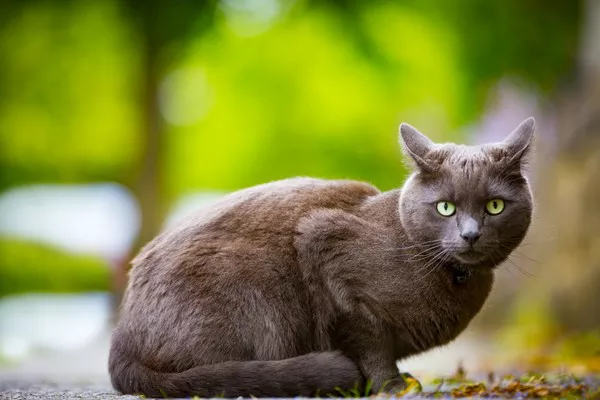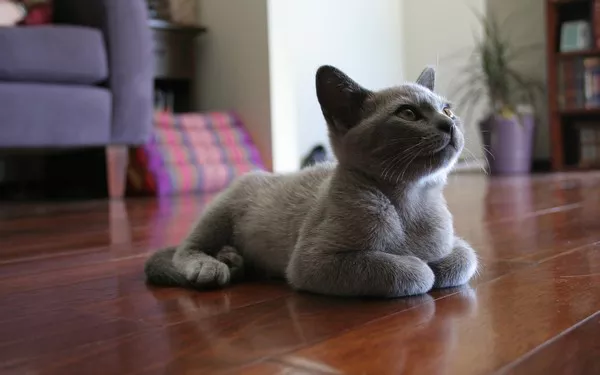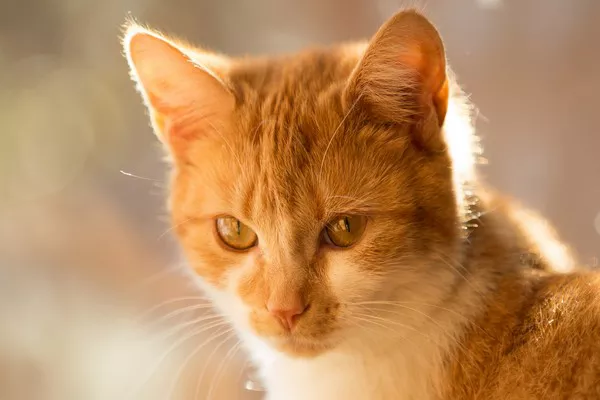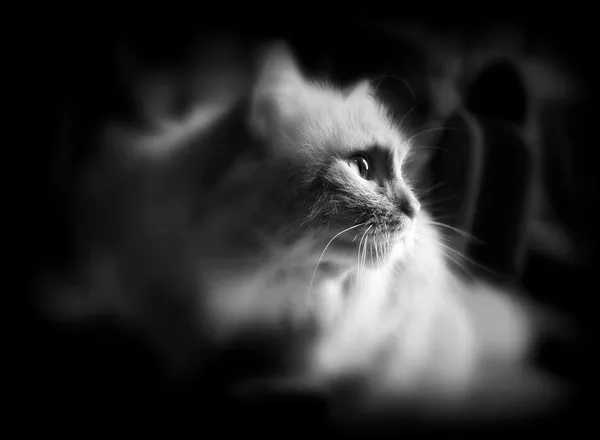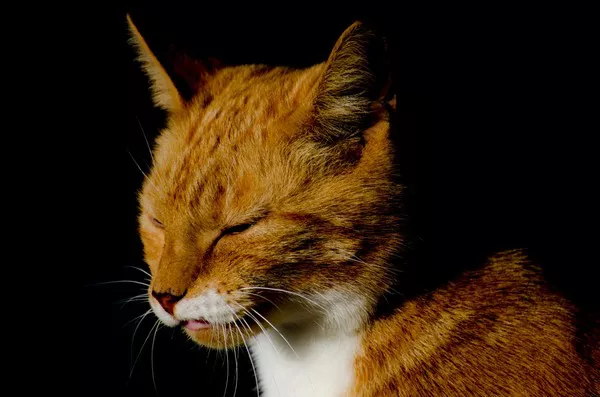Feral and free-roaming cats pose a significant challenge to both neighborhoods and wildlife populations, with billions of songbirds falling victim to their hunting instincts annually. According to Whitney Yoerger of Indiana Audubon, this natural behavior disrupts ecosystems and can lead to imbalances in predator-prey dynamics.
To address this issue, Indianapolis implemented a community cat program in 2016, aimed at stabilizing the free-roaming cat population through trap, neuter, and return methods. This initiative allows residents to humanely trap cats, have them evaluated, sterilized, vaccinated, and then released back into their original habitat.
Indy Neighborhood Cats, supported by the Nina Mason Pulliam Charitable Trust, has been pivotal in implementing this program over the past four-and-a-half years. Dawn Benefiel, the organization’s executive director, highlighted its success, noting a significant increase in release rates from 18% in 2003 to 88% in 2019.
However, while trap, neuter, and release programs have shown promise, some remain skeptical about their effectiveness. Yoerger suggests exploring additional strategies to complement these efforts, emphasizing the importance of addressing the broader issue of responsible cat ownership.
Apart from the trap and release approach, Yoerger recommends private shelters for cats to mitigate their impact on wildlife. These enclosed sanctuaries provide a safe environment for cats without posing risks to local fauna.
While Indy’s Community Cat ordinances focus on trap and release programs, Yoerger advocates for more comprehensive regulations that require cat owners to register their pets and keep them indoors, prioritizing responsible ownership practices.
In combating the challenges posed by feral cats, implementing a multifaceted approach that combines trap, neuter, and release programs with responsible ownership practices and the establishment of private shelters emerges as a promising solution for Hoosiers.

